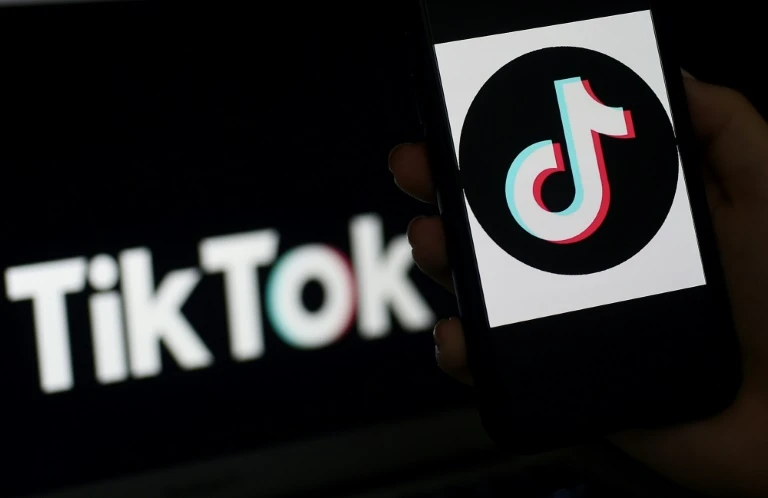Social media giant TikTok seeks temporary halt to enforcement of US-wide ban
 TikTok logo. (AFP Photo)
TikTok logo. (AFP Photo)
TikTok has filed an appeal to temporarily block the enforcement of a U.S. law requiring the social media platform to be sold or banned. The company has requested an injunction from a U.S. appellate court while awaiting a Supreme Court review.
The law, set to take effect on January 19, 2025, would result in the shutdown of TikTok, which the company described in its filing as one of the nation’s “most popular platforms for expression.” TikTok argued that a temporary injunction would provide time for the new U.S. administration to reassess its stance, potentially making further Supreme Court review unnecessary.
Economic impact of a potential ban
Blake Chandlee, TikTok’s President of Global Business Solutions, emphasized the financial implications of even a temporary shutdown. In the filing, Chandlee warned that a one-month suspension could result in over $1 billion in lost revenue for small businesses in the U.S. and approximately $300 million in losses for the platform’s two million U.S.-based content creators.
He added that TikTok could lose 29% of its projected global ad revenue for 2025, with losses escalating if the shutdown extended beyond a month. Thousands of businesses relying on TikTok for marketing would also face significant disruptions.
US rationale to ban TikTok
The Biden administration accused TikTok of exposing U.S. user data to potential access by the Chinese government, prompting legislation passed in March 2024 that gave TikTok until January 2025 to sever ties with its Chinese parent company, ByteDance. Failure to comply would result in a ban on TikTok within the U.S.
TikTok has countered the legislation, claiming it violates the First Amendment’s protections of free expression and the country’s commitment to an “open internet.” The company also argued that the timeframe for compliance is insufficient, making a complete separation from ByteDance impractical.
Last week, a U.S. appellate court upheld the law, paving the way for TikTok’s potential ban.
Meanwhile, President-elect Donald Trump has voiced opposition to the legislation during his campaign. The law is set to take effect just one day before Trump assumes office on January 20, 2025. Trump’s position raises questions about whether the incoming administration might alter or halt its implementation.



